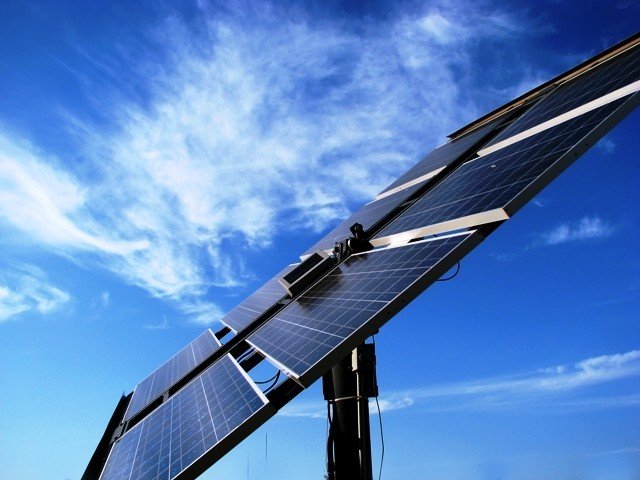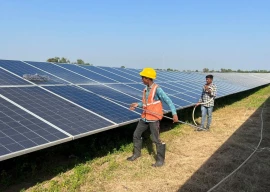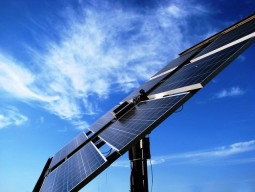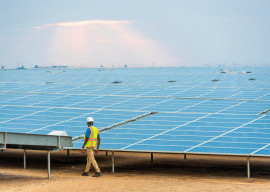
Investors in solar power projects have aired serious concern over the blocking of equipment imports by the central bank, saying such restrictions have led to a halt in project implementation.
The issue was taken up in a meeting National Electric Power Regulatory Authority (Nepra) held with small and large solar power project owners, especially those who were working in Balochistan.
It was noted that there were several areas in Balochistan that had huge opportunities for developing solar energy projects and in such a situation, people could come forward to finance and execute the projects.
Meeting participants pointed out that Balochistan had also opportunities for installing off-grid solar plants. In a sign of difficulties being encountered, the representatives of different companies said that the State Bank of Pakistan (SBP) had blocked equipment imports for solar energy projects and sought the power-sector regulator’s intervention to smooth the flow of imports.
They have not been able to import equipment for the past six months, which has delayed the execution of plans. They asked for Nepra’s support in the form of a firm policy to help implement the projects.
Solar projects would pay back in two years if the import of equipment was streamlined, the company executives emphasised, adding that small projects could save $200 million in fuel substitution.
According to them, the solar industry is using up to 40% locally produced equipment but it requires further support to rely more and more on such supplies.
They regretted that the domestic manufacturers had got no support from anyone, who needed a strong backing for their localisation drive.
Citing an example, they pointed out that India was supporting its suppliers of solar equipment by providing a 10% premium, adding that Pakistani suppliers expected the same from the government.
The absence of a recognised body of solar project owners was blamed for the lack of required support. They dubbed SBP’s import policy regressive.
Nepra authorities, present in the meeting, gave assurances to company officials that they would hold separate sessions with the industry to listen to their issues.
They said that there were tube wells which did not have electricity meters and were getting illegal supply. Calling them a cause of circular debt, they emphasised that those tube wells should be shifted on to solar energy with private-sector cooperation.
However, they proposed performance guarantees from the government on behalf of farmers to implement the switchover plan.
The government was giving subsidies to the tube wells in Balochistan, which should now be diverted to find out solar solutions for those projects, emphasised Nepra officials.
“These tube wells are not paying bills. Government should come up with a plan to solarise the tube wells,” said a company representative.
A K-Electric official revealed that the company was working on a solar project in Lasbela district. He saw a lot of potential for solar plants and said that their project would help to boost industrial growth in Lasbela region.
“K-Electric has put in place a plan. But it faces problems in land acquisition from the Balochistan government. Land acquisition process has challenges,” he said.
The K-Electric official raised questions about the policy and procedure of land acquisition, saying there was no clear policy in place.
He, however, added that they were close to settling the issue in cooperation with the Balochistan chief secretary and the Board of Investment. He called the project a model for public-private partnership in Balochistan.
Published in The Express Tribune, January 20th, 2023.
Like Business on Facebook, follow @TribuneBiz on Twitter to stay informed and join in the conversation.





















COMMENTS
Comments are moderated and generally will be posted if they are on-topic and not abusive.
For more information, please see our Comments FAQ